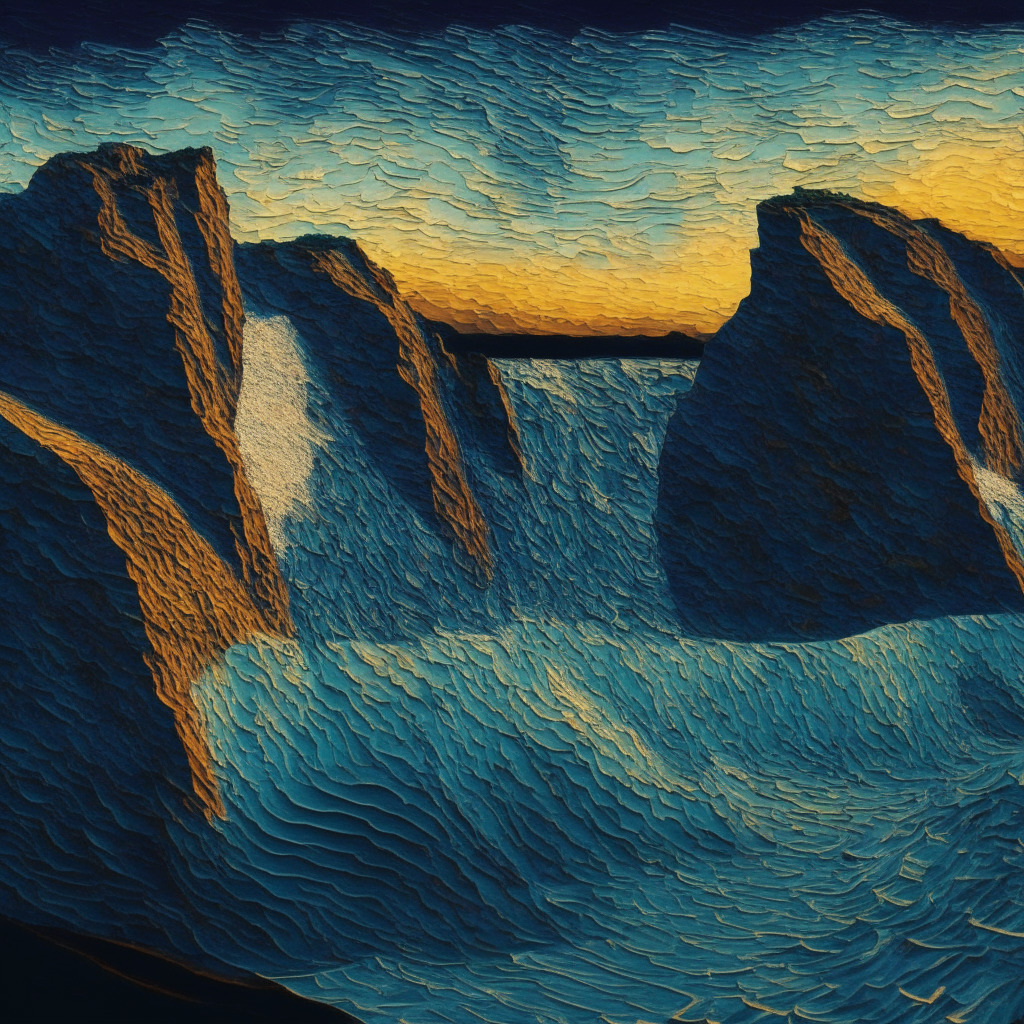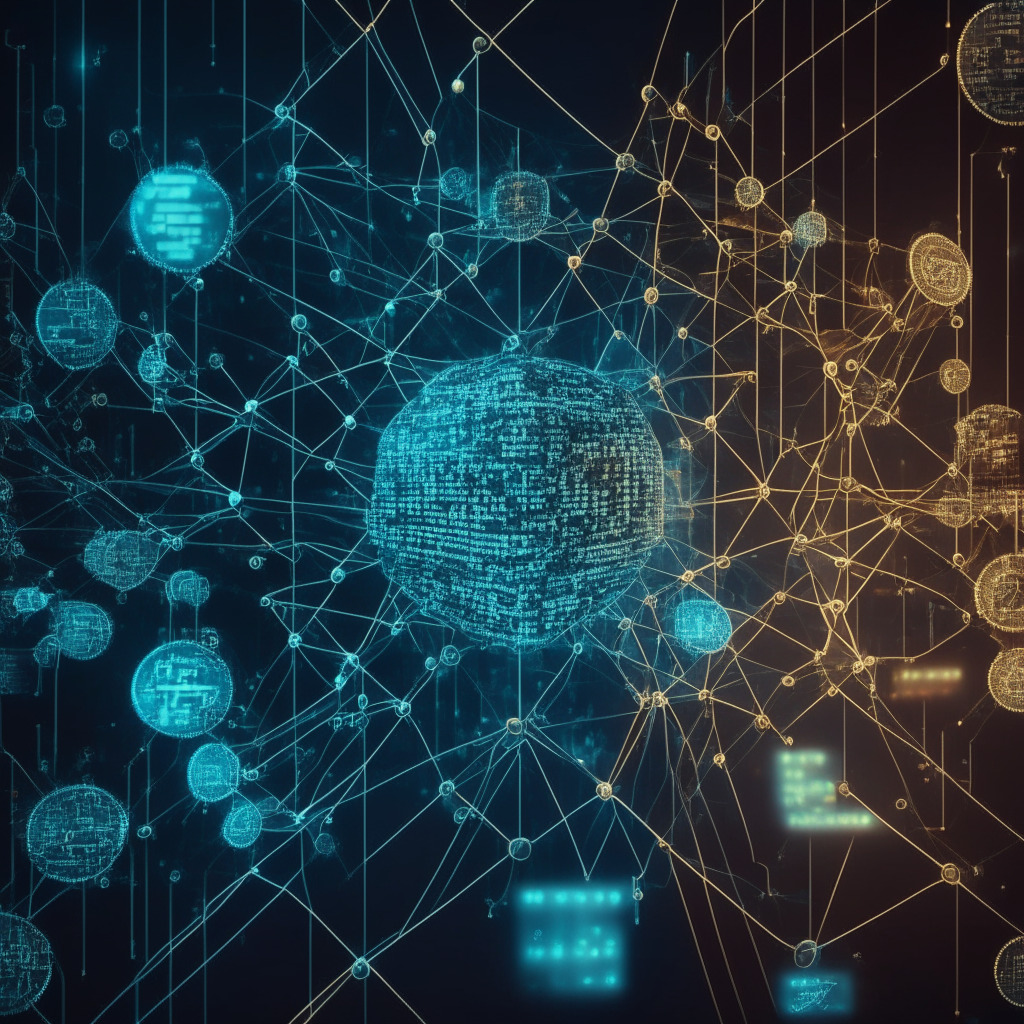The rise of artificial intelligence has brought considerable progress, but also unexpected paradigms. One such example is the introduction of a bill by a California lawmaker, Assembly Member Ash Kalra. The proposed legislation aims to safeguard actors, artists, and entertainers from the thought-provoking perils of AI clones. The motion postulates an informed consent mandate in employment contracts when it comes to digital replicates of individuals, a phenomenon proving a “real threat” to workers in the entertainment industry.
The legislation highlights key dilemmas around the ethics of AI and its staggering advancements. On one hand, the exploitation of AI could indeed potentially encroach upon an actor’s rights to their digital embodiments, which could alter the course of their career trajectory. On the flip side, inhibiting the creativity that AI can foster might stifle progress.
Following the logic of Kalra’s bill, the potential for abuse and exploitation becomes evident. Without guiding legislation and policies, the use of AI to create clones could lead to inappropriate or even illicit use of one’s digital likeness. This measure could be an essential step to ensure workers remain in control of their digital selves, shielding careers and livelihoods from potential harm.
The proposed legislation, supported by the Screen Actors Guild, would also help protect against unethical actions like the unjust transfers of rights to digital images without the actor’s full consent. In a world where deepfakes are becoming more sophisticated, legislation like this might be the first line of defense against abusive practices.
However, should this bill pass into law, it could also stifle the creative applications of AI within the entertainment industry. It might limit innovation and potentially impede progress within this sector, hindering the myriad ways AI could revolutionize it.
Simultaneously, regulating the use of art and technology could unknowingly put a dampener on the prospective advancements AI could bring in the realm of digital imaging in entertainment. The question remains – how much regulation is too much?
As the bill, named AB 459, moves into the practical realm of committee review and voting, the balance between ensuring actor’s rights and AI-driven creativity will be a fine line to tread. Thus, it portends a tightrope walk between preventing the misuse of technology and maintaining the vibrant innovation that AI has brought to the entertainment industry.
Source: Cointelegraph




